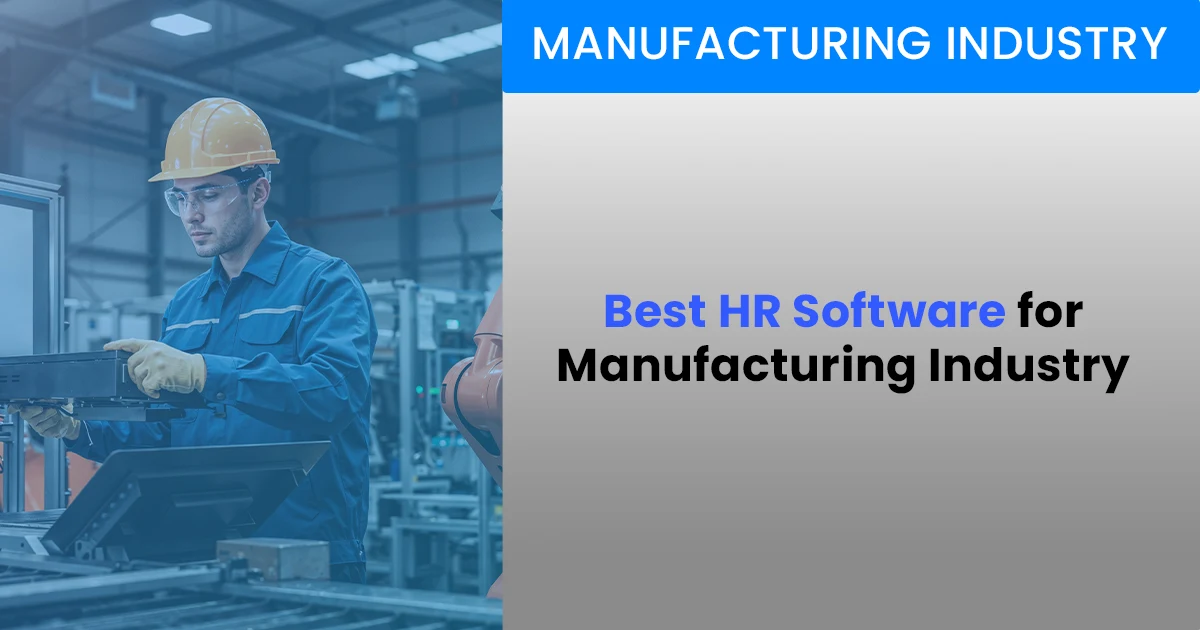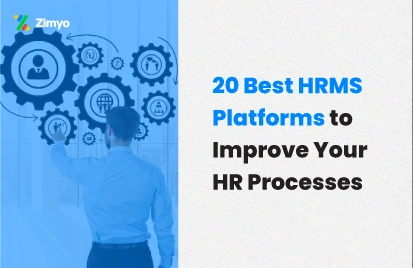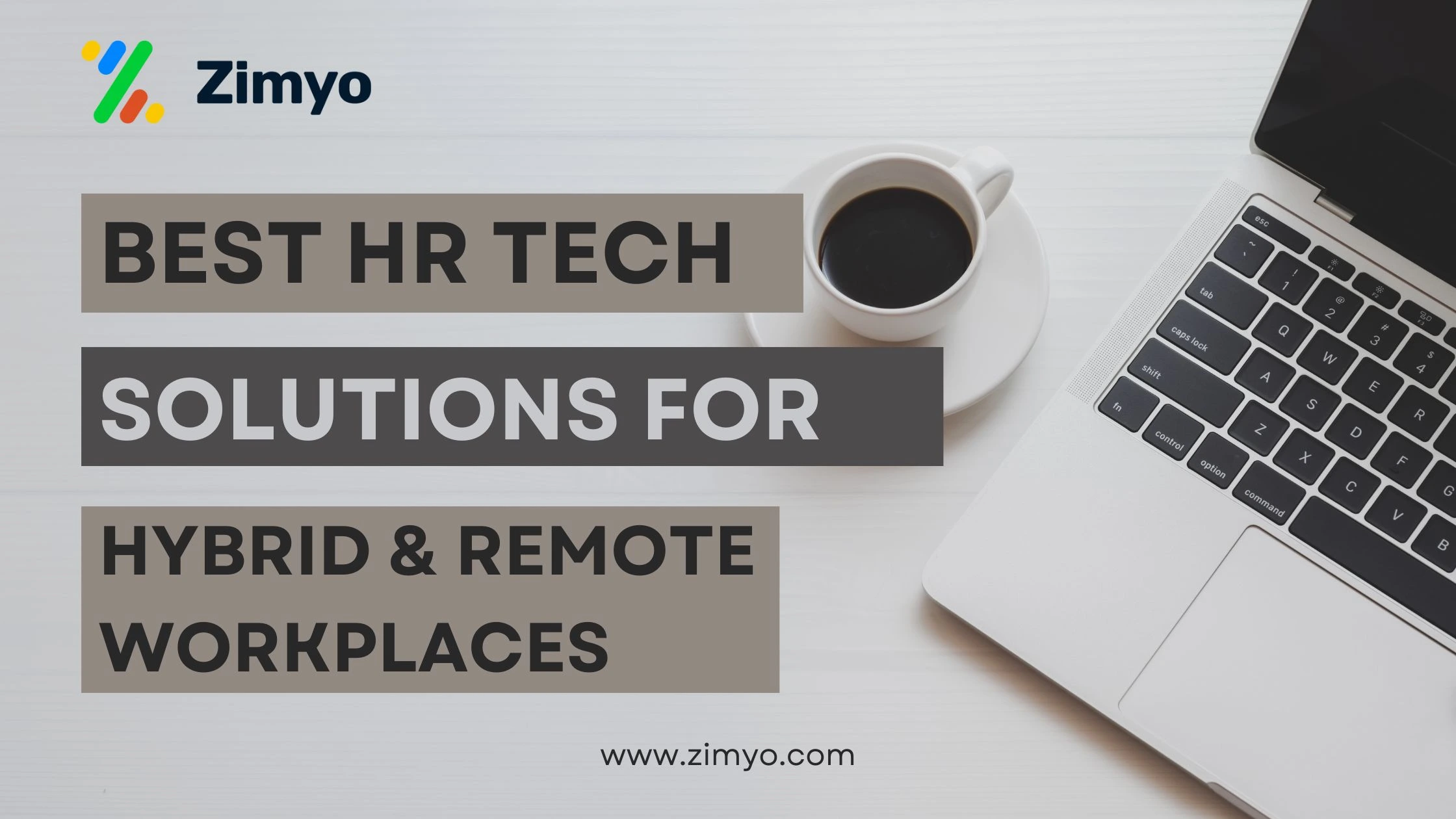Are you confused about the differences between HRMS, HRIS, and HCM? If yes, you’re not alone! Many HR professionals and business owners use these terms interchangeably, but they aren’t the same. Let’s break down HRMS vs HRIS vs HCM and find out which system best fits your organization’s needs.
What Are HRMS, HRIS, and HCM?
Before we dive into the details, let’s get a quick overview of what HRMS, HRIS, and HCM are all about. All three systems are designed to help businesses manage their workforce more effectively. However, each offers unique features depending on the size and goals of the company.
- HRMS (Human Resource Management System) helps you manage everything from payroll to employee attendance. It’s like having a digital assistant for all your HR needs.
- HRIS (Human Resource Information System) focuses more on employee data management, helping you track crucial HR information like benefits and performance.
- HCM (Human Capital Management) takes things a step further by focusing on employee development and organizational planning. It includes all HR functions but also looks at the bigger picture.
Why Understanding the Differences is Important
If you’re an HR manager, knowing the differences between HRMS, HRIS, and HCM can help you choose the right system for your organization. Choosing the wrong one could lead to inefficiencies, wasted time, and even lost data. So, let’s break it down further to help you make an informed decision.
HRMS: Your All-in-One HR Solution
What is HRMS?
An HRMS (Human Resource Management System) is a comprehensive tool that helps businesses manage various HR functions, all in one place. From recruiting to payroll, an HRMS covers it all.
For example, imagine a busy HR team trying to manage payroll, track employee attendance, and process leave requests—all manually. That’s where HRMS comes in. It automates these processes, saving you time and reducing the risk of errors.
Core Features of HRMS
- Employee management: Store all employee data in one place.
- Payroll management: Automate salary payments based on attendance and performance.
- Attendance tracking: Monitor employee attendance and leave effortlessly.
- Recruitment: Use AI to screen resumes and find the best talent for your organization.
- Performance tracking: Evaluate employee performance and set future goals.
Benefits of HRMS in Detail
Is your HR team juggling multiple tasks like payroll, employee data management, and recruitment? If yes, then an HRMS (Human Resource Management System) might be exactly what you need.
a) Simplify Your HR Tasks
HRMS is designed to automate and simplify complex HR processes. It’s perfect for businesses that need a comprehensive solution for managing everything from payroll to employee performance. If your team spends too much time manually tracking attendance, processing leave requests, and updating employee records, HRMS can take that burden off their shoulders.
b) Save Time & Reduce Errors
Let’s face it—manual data entry is time-consuming and prone to mistakes. With HRMS, you can automate routine tasks like updating employee profiles, managing benefits, and processing salaries. This saves your team valuable time and significantly reduces errors, keeping everything running smoothly.
For example, an HRMS can automatically track an employee’s leave balance and attendance, calculate payroll, and even flag potential compliance issues. This way, your HR team can focus on more important tasks like employee engagement and strategic planning.
c) Enhance Employee Engagement
An HRMS doesn’t just make life easier for your HR team—it also benefits your employees. With features like employee self-service portal, employees can access their pay stubs, submit leave requests, and update personal information without having to contact HR. This boosts employee satisfaction and frees up your team’s time.
When Should You Choose an HRMS?
- If your business is growing and you need a tool that can scale with you.
- When you want to automate payroll, attendance, and performance management.
- If your HR team is struggling to keep up with day-to-day tasks.
- When you need real-time insights into workforce data for better decision-making.
- If you’re looking to reduce paperwork and store employee information securely in the cloud.
HRIS: A Data-Focused HR Tool
What is HRIS?
The HRIS (Human Resource Information System) is a type of HR software that focuses on managing employee data. It helps you track information like employment status, benefits, and performance reviews. Think of it as a database for all things related to your workforce.
Core Features of HRIS
- Data management: Store employee details like demographics, employment history, and compensation.
- Benefits administration: Keep track of employee benefits and ensure compliance.
- Basic reporting: Generate reports on employee data for insights into performance and retention.
When to Use HRIS
If your HR team spends too much time managing data, HRIS could be the perfect fit. It’s best for companies that need a system to organize data but don’t require more complex features like payroll management or talent acquisition.
HCM: A Strategic HR Approach
What is HCM?
The HCM (Human Capital Management) system goes beyond basic HR functions. It focuses on employee development and helps with tasks like succession planning, talent management, and employee engagement.
Think of HCM as a tool that helps align your HR strategy with the company’s goals. It doesn’t just handle payroll and attendance—it looks at the big picture and helps you plan for the future.
Core Features of HCM
- Succession planning: Identify potential leaders within your organization and plan their career paths.
- Talent management: Recruit, onboard, and retain top talent.
- Employee development: Track training programs and professional growth opportunities.
- Advanced analytics: Get deep insights into employee performance and engagement.
When to Use HCM
HCM is ideal for larger organizations looking to not only manage their workforce but also develop and retain talent. If your company is focused on long-term growth, HCM could be the right choice.
HRMS vs HRIS vs HCM: What’s the Difference?
Now that we’ve defined each system, let’s compare HRMS vs HRIS vs HCM side by side.
|
Feature |
HRMS |
HRIS |
HCM |
|
Core Focus |
Comprehensive HR management |
Data management |
Employee development and strategy |
|
Payroll Management |
Yes |
No |
Yes |
|
Talent Management |
Basic |
No |
Yes |
|
Performance Management |
Yes |
Yes |
Advanced |
|
Recruitment |
Yes |
Basic |
Advanced |
|
Analytics |
Basic |
Basic |
Advanced |
Which One Should You Choose?
Choosing between HRMS, HRIS, and HCM depends on your company’s needs.
- If you’re a small or mid-sized business looking to streamline HR processes, HRMS will cover everything from payroll to performance management.
- If your main concern is data management, an HRIS will help you keep track of employee information without overwhelming you with extra features.
- If your company is growing rapidly and you need a system that can support strategic growth, HCM is the way to go.
Conclusion: HRMS vs HRIS vs HCM – What’s Best for You?
In the end, the right system for you depends on your specific needs, company size, and growth goals. Whether it’s HRMS for all-in-one management, HRIS for data tracking, or HCM for strategic development, choose wisely!
Remember, the wrong choice could cost you time and money. The HR software market was valued at $13.8 billion recently, and it’s expected to grow. So, make sure you invest in the right system to help your business grow efficiently.
Take your time to evaluate what works best for your team. After all, better HR processes lead to happier employees, and that’s always good for business!
Looking For HRMS? Choose Zimyo!
If you’re looking for a powerful, all-in-one solution to manage your HR tasks, why not give Zimyo a try? Our AI-powered HRMS helps you hire, engage, and pay your teams seamlessly—no matter where they are in the world.
Why choose Zimyo?
- #1 HRMS for Small & Medium Businesses (40-2000 users)
- Trusted by 2,000+ customers and 500,000+ users across 50+ countries
- Rated 4.5+ stars on G2, Capterra, and Glassdoor
With Zimyo, you’ll simplify your HR processes, boost employee engagement, and scale your business effortlessly. So, are you ready to experience a smarter way to manage your workforce?
Let Zimyo be your HR solution today!




